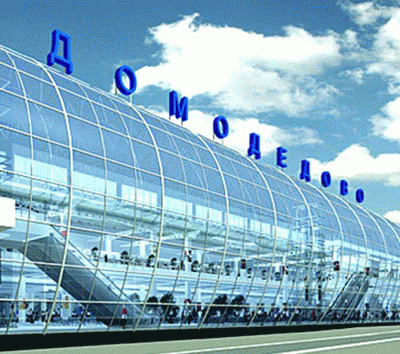The Tragedy
The news of a suicide bombing at the Russian airport Domodedovo, reportedly the busiest in the country, has jolted the nerves of millions all over the world, and has placed government authorities in many countries before yet another dilemma: how to proceed from here?
The tragedy, which was executed in an international arrival hall where unsuspecting citizens were anxiously awaiting the arrival of family, friends, and associates, directly killed 35 and wounded 170, but caused infinitely more mental and emotional harm worldwide than can be measured.
The Possible Reasons
As usual, the guessing game and finger pointing started immediately after the drama. Since there has thus far not been any claims on the attack yet, some suspect that it was caused by the surging Islamist revolt in the predominantly Muslim republics located at the southern flank of the North Caucasus, while others believe that it has everything to do with an attempt to prevent Russia from emerging as an international cultural and financial center. The latter notion was derived from the fact that President Dmitry Medvedev was preparing for a Davos presentation two days later (Wednesday) to top global business investors.
While Medvedev was still planning on presenting his speech at the time of this writing, it is easy to conclude that much of its vigor and appeal has been painfully affected by the bombing.
The Emotions
It is to be expected that an act of this magnitude conjures up a lot of negative, even hostile, emotions. Russia's Prime Minister, Vladimir Putin, vowed for revenge, and blamed the Kremlin in general for not sufficiently stepping up its measures against the increasing violence in the country, while he specifically targeted law enforcement agencies and the airport management with his rage.
Many family members, who survived the tragedy, cope with horrific images of dying loved ones, and their inability to help. These traumas will take years, possibly lifetimes, to overcome.
Russian authorities are especially concerned because this country has been selected for organizing the 2014 Winter Olympics and the 2018 soccer world cup. There is general fear that Russia might be suffering from a damaged reputation through this catastrophe at such a critical location as the busiest international airport.
The Question of Control
The main question that should be asked in this entire situation is: how could something like this be prevented? The suicide bomber did not enter the departure hall. He did not pass any security checkpoints. He just mingled with unsuspecting people, who were at the airport to pick up relatives in an area that is as accessible as a mall, stadium, schoolyard, store parking lot, or street corner.
A sober statement was made in this regard by the NORAD commander, who reportedly stated that a bombing like this, given the way it was executed, could have easily happened anywhere. It is this particular statement that I think we should keep in mind before running into rash conclusions, and engaging in a number of super expensive, reactive safety measures worldwide.
This suicide bombing act has proven to us that control is an illusion, and that numerous manifestations of this phenomenon, whether it be through power exertion, physical or mental suppression, or safety measures, can only achieve limited results. If the past decade has taught us anything, it is that the human mind is inventive, and that running after facts is merely a costly but never very effective approach to end a problem.
The Reality Check
(Note: You can view every article as one long page if you sign up as an Advocate Member, or higher).






